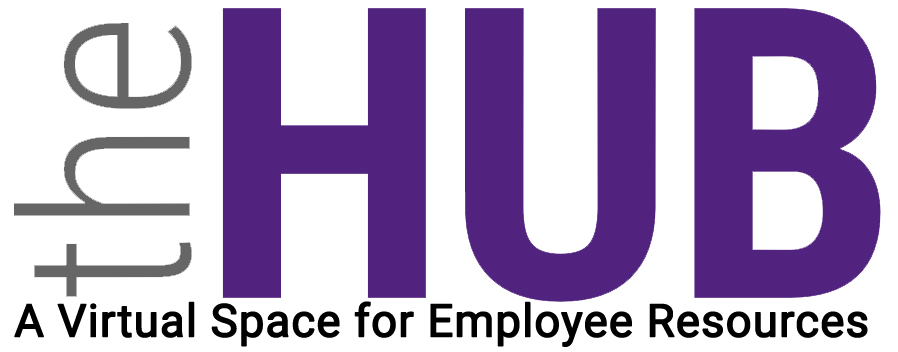According to the University of Buffalo (n.d.), “Constructivism is the theory that says learners construct knowledge rather than just passively take in information. As people experience the world and reflect upon those experiences, they build their representations and incorporate new information into their pre-existing knowledge (schemas).” Meaning is created rather than acquired (Ertmer and Newby, 2013). Constructivists believe that the role of an instructor is to provide meaningful learning experiences which students can then build upon or connect to previous knowledge. Constructivism is seen as an offshoot of cognitivism since both theories see learning as a “mental activity.” Still, constructivists consider learning to be an act of assembling one’s subjective knowledge instead of merely accepting inputs about objective reality (Ertmer and Newby, 2013, p.55).
Constructivism posits a very active role for learners. They are builders of knowledge, linking new ideas and information with what they bring to the classroom. Thus, each learner’s mental structures are unique representations of knowledge based on their unique set of experiences and previous learning. According to Ertmer and Newby (2013), a constructivist approach is better suited for students in more advanced stages of learning. As learners gain more knowledge and develop skills, they will be better able to negotiate more complex tasks requiring social interaction and collaboration.
Learning Activities Based on Constructivism
The University of Buffalo (n.d.) offers these suggestions for classroom activities based on constructivism:
- Cooperative Learning: Students work in teams to capitalize on one another’s strengths. Beyond simple group work, cooperative learning requires them to rely on one another to complete the task or assignment.
- Inquiry-based Learning: Learners ask their questions and discover the answers through research and observation.
- Problem-based Learning: Students learn by developing a resolution to a real-world problem. Students also make gains in collaboration and communication skills as they acquire content-area knowledge.
